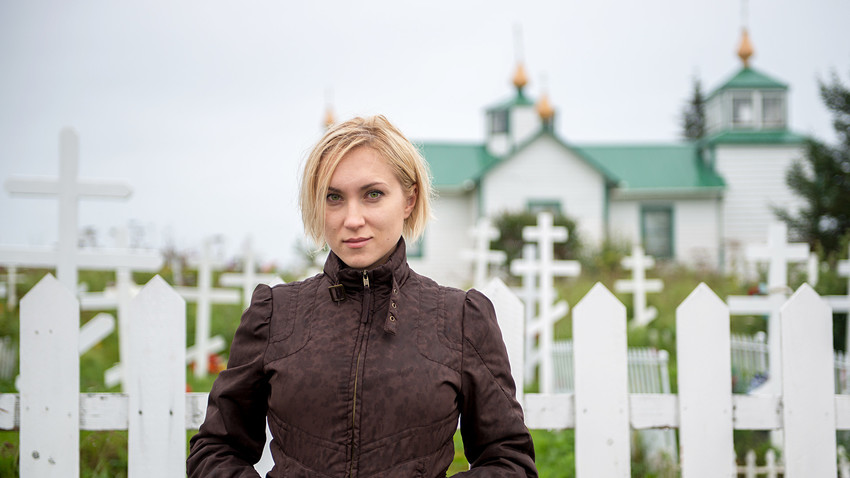
Until he was nine, Patrick Maiorca lived in Texas, where his father served in the United States Air Force. After he retired, the family moved to Oklahoma. At the time, there were just a couple of Orthodox churches there, given that most residents were Baptists or Protestants. "I was raised Anglican. After going to some crazy protestant school, I became agnostic," Patrick recalls.
Patrick developed an interest in the Russian Orthodox Church when began studying Russian language and history, along with Roman history. He quickly fell in love with Russian culture. "But also, as an agnostic, I felt the Orthodox Church was the only one with a leg to stand on,” he says. “The west was shaped by the fall of the Western Roman Empire."
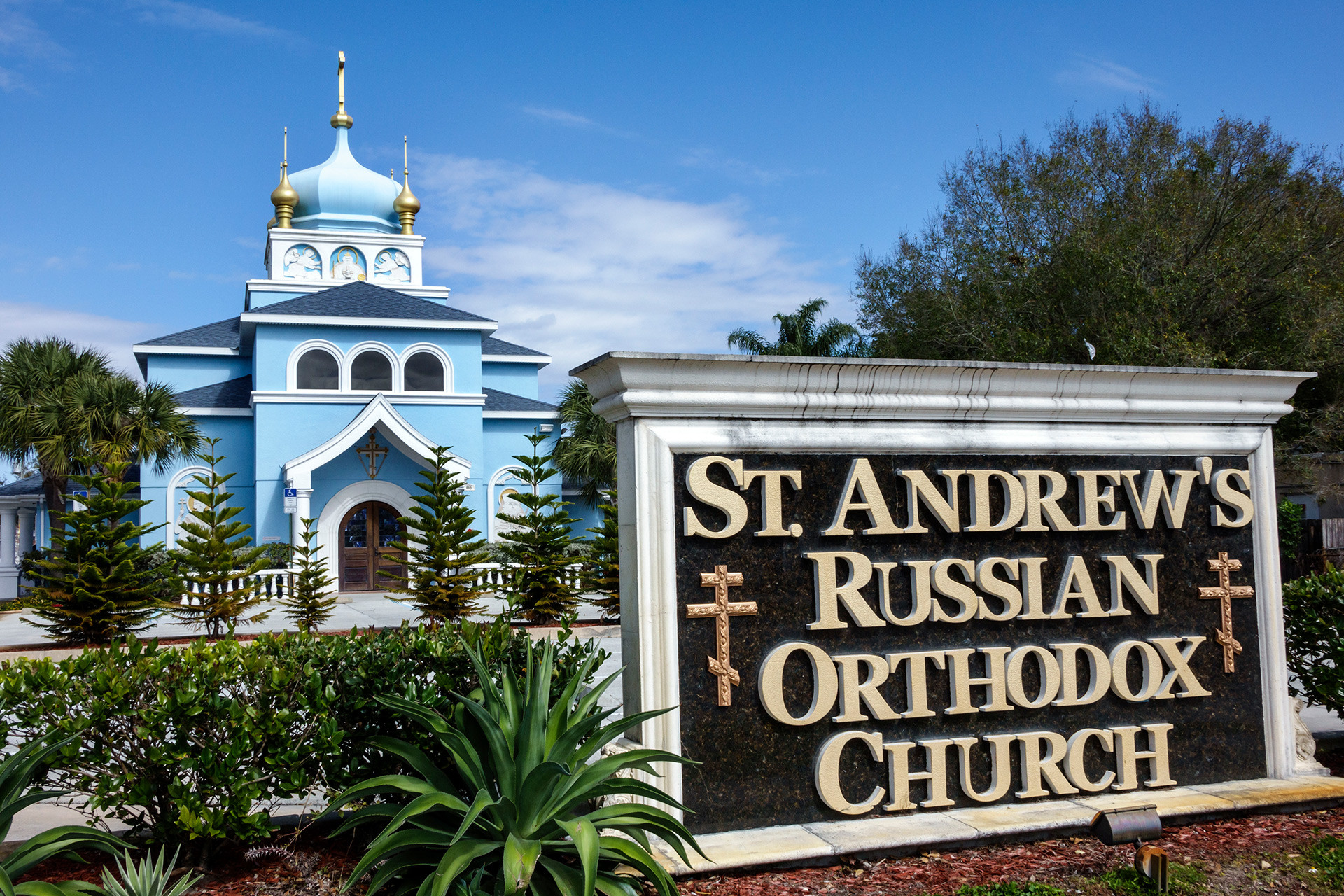
Saint Andrew's Russian Orthodox Church in America
Getty ImagesAnd Patrick is not alone in this. Robert Hegwood from Mississippi thinks some American converts are looking for “something more grounded, older, time-tested and enduring.”
He was raised in a Southern Baptist home, became Methodist in his late teens, and shortly thereafter was part of the Charismatic Movement for 21 years. Robert first encountered orthodoxy in 1995, while living abroad on Saipan, a small island in the North Pacific.
"When I went home to Mississippi in 1995 on vacation, I made contact with a local Orthodox church whose priest, to my surprise, told me that his father had fought in WWІІ on the island of Saipan," Robert recalls. The priest gave him several books and magazines about the Orthodox Church, including one about the life of St. Seraphim of Sarov. "He was the sort of Christian I could only hope to be,” Robert says. “It would have to be his path or there was no path to follow."
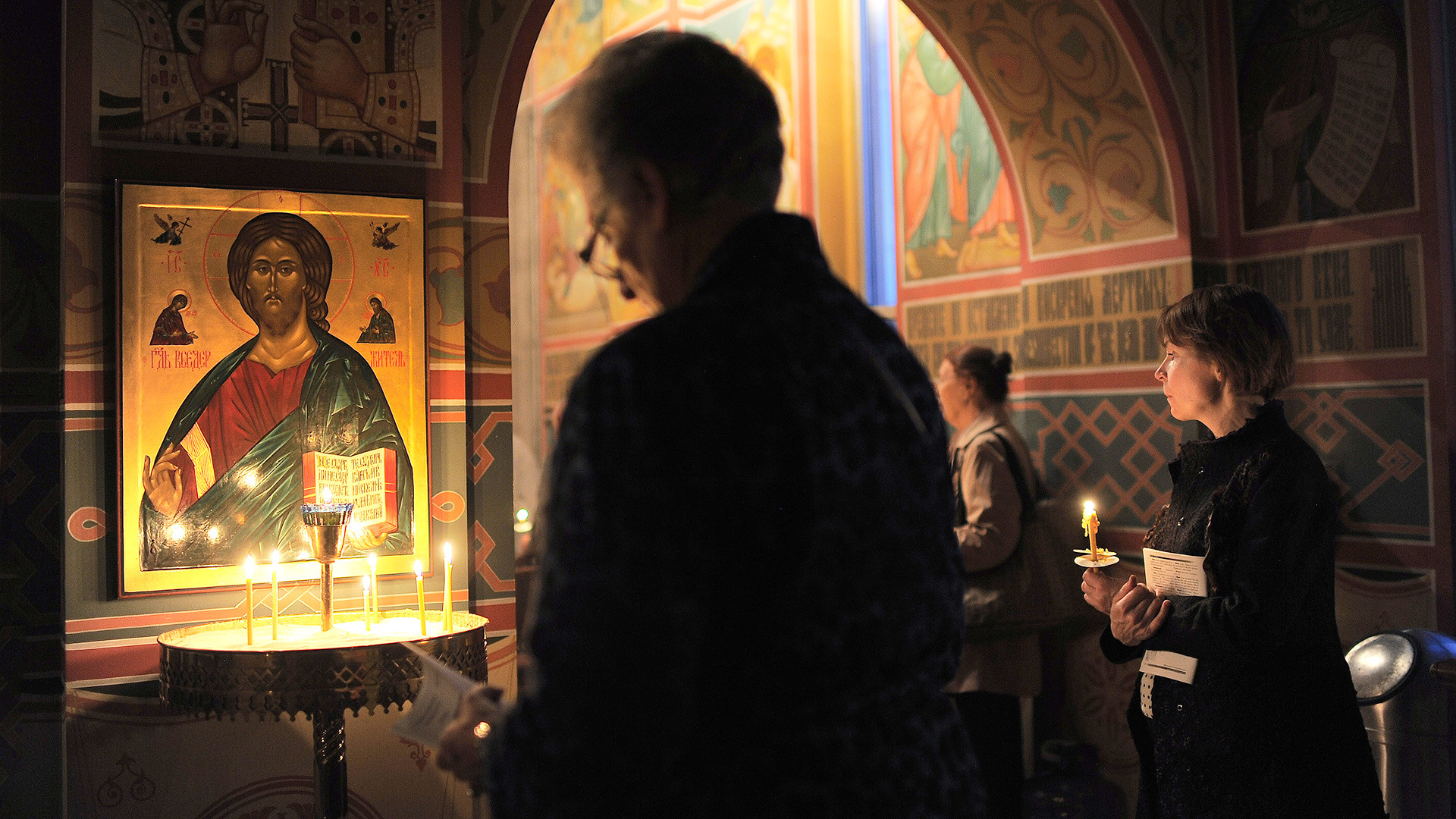
"He was the sort of Christian I could only hope to be”
Getty ImagesWhen Robert met with the priest again and told him he wanted to convert to the Orthodox Church, the priest heard him out with a smile and then replied, "No, the time is not yet right for you."
But Robert was determined. He tried to get in touch with Eastern bishops on Saipan, but there was no one there. "Eventually I was put in touch with an English-speaking priest in Tokyo. The priest's bishop gave him a blessing to catechize me by email, the teaching lasted over a year and was harder
Now Robert feels grateful that it took longer than he had expected. Orthodoxy turned out to be far more complex than he had expected: "There was no just walking the aisle as in the Baptist faith. One had to stick to be taken seriously."
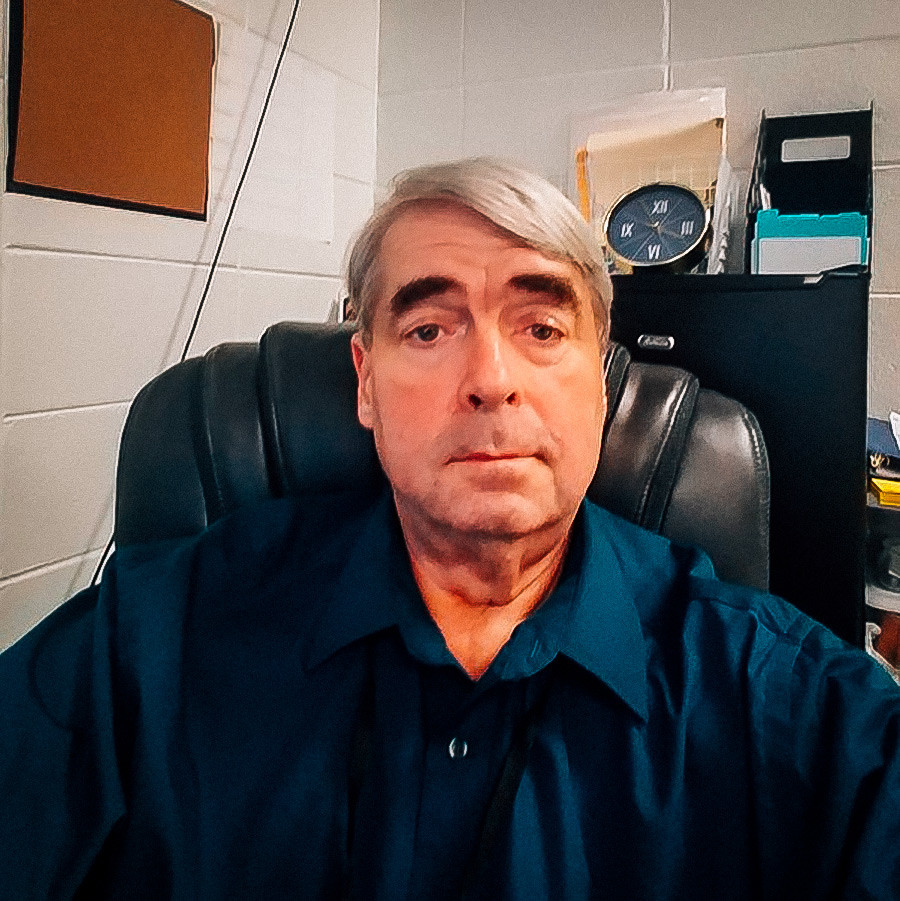
Robert Hegwood
David Pettit of Altadena, California agrees with him: "Nobody comes to the Orthodox Church because the morning spirit band has a great guitarist."
He says there is one question that almost always weeds out who will stay and who will leave: "Are you here to see if the church fits you, or are you here to fit
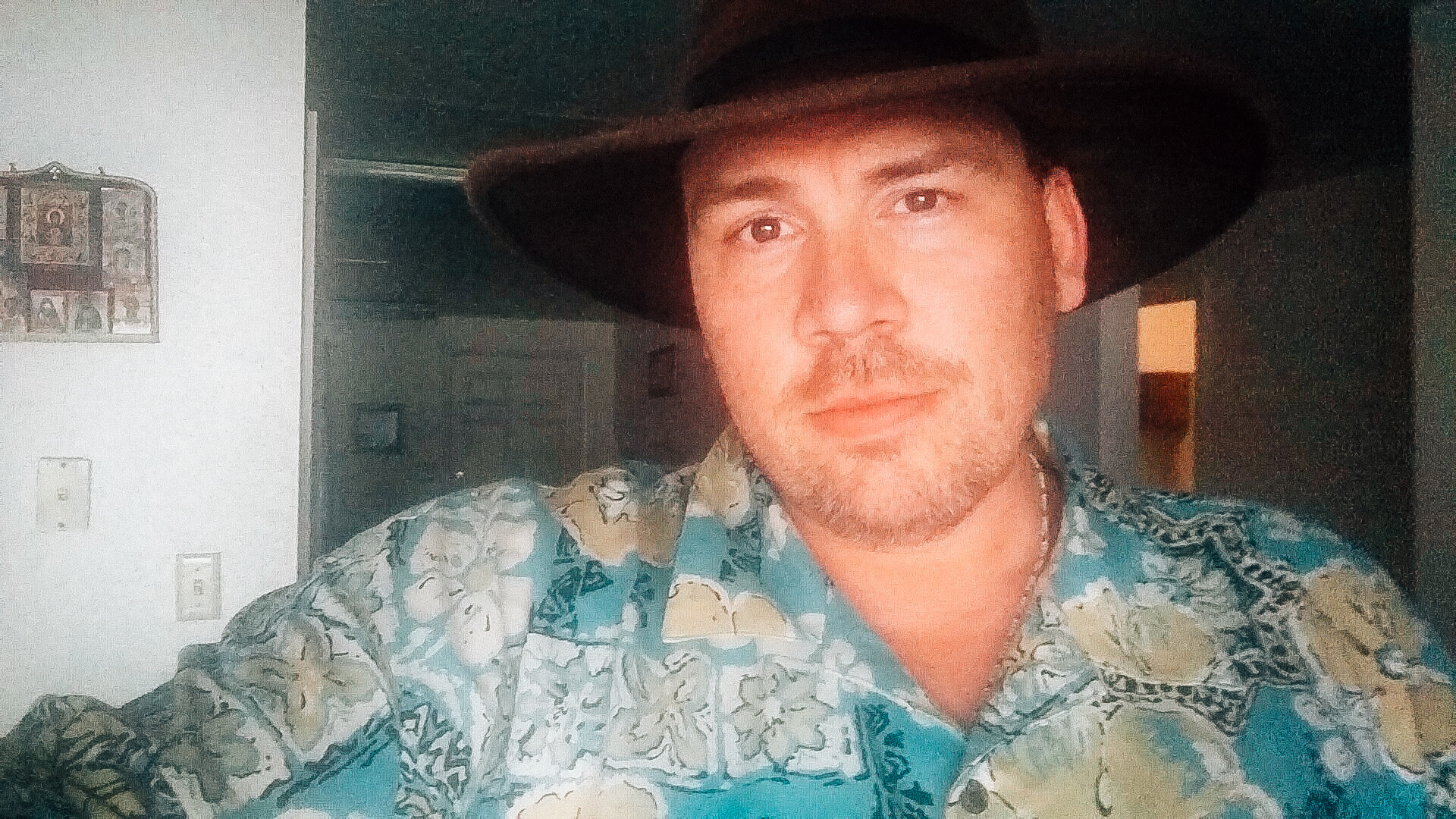
David Pettit
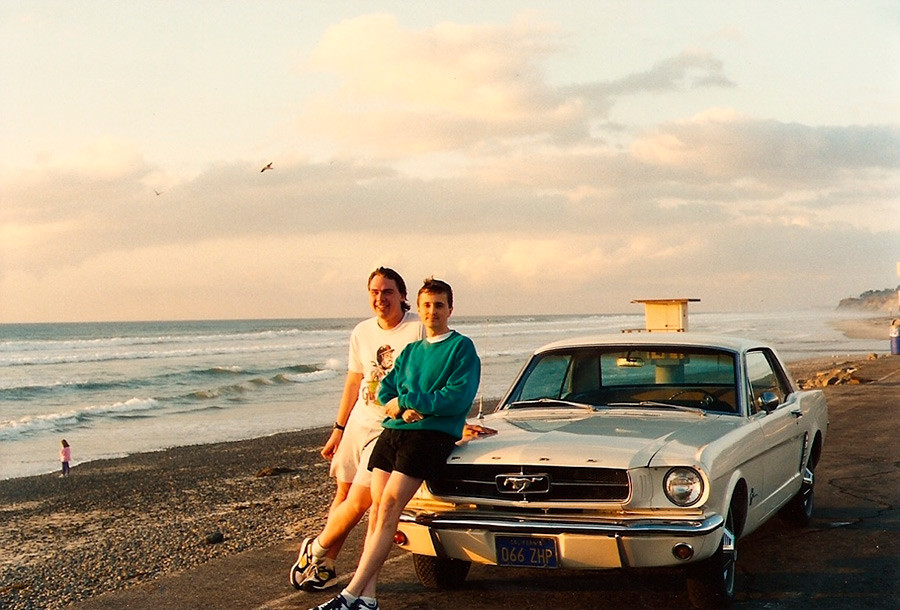
David Pettit and his brother in 1994
He first saw The Passion of the Christ while in prison and after became more interested in the
When David was released from prison, he went to an Orthodox church for the first time. He noticed that most of the Russians there were women and that almost all of them were married to American men.
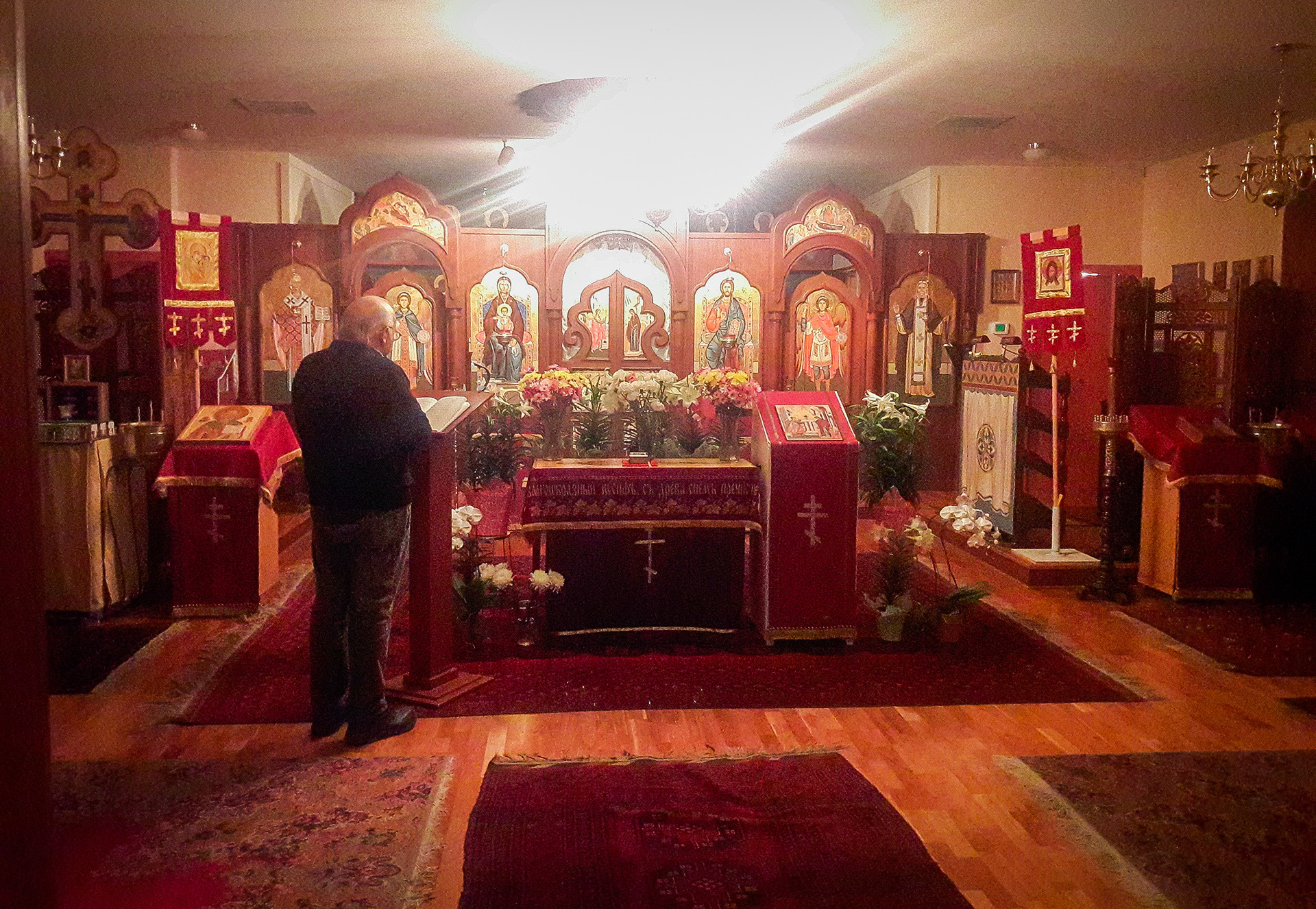
David's parish in California
"Russians and Americans get along well in our church,” he says. “We are rarely, if ever, close, but we do get along well." Most members of Robert’s parish are American converts and their children (most of whom are first-generation Orthodox). With Syrian, Lebanese, Ukrainian, Armenian, Romanians families, Orthodox parishes here are growing slowly but steadily.
"Many American converts admire [Russian president] Vladimir Putin," Robert says. "And are a little envious of the direction Russia is taking to stand up for Christian civilization and Christian virtues in the public square. Where you have processions of thousands following the Holy Cross and Icons…we have to endure yet another flamboyant, often obscene, gay-rights parade."
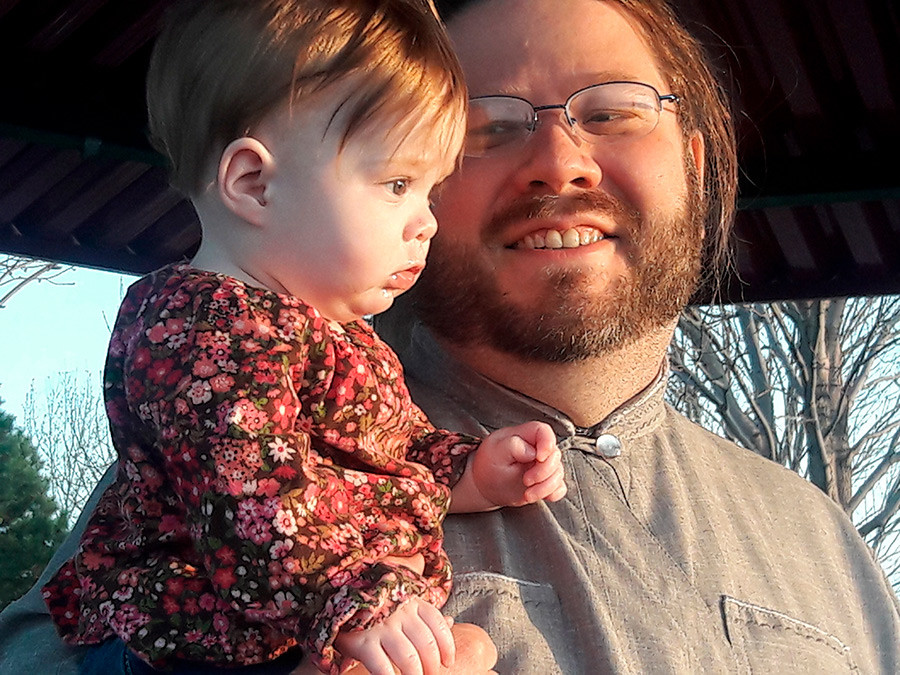
David's Godfather and his daughter, at an all Orthodox barbecue this spring.
However, Orthodox churches are growing mainly in the conservative American South and Southwest. "In its old immigrant
"But all I know is, despite our deficiencies, weakness and present small numbers, in the region where I live, we are growing in raw numbers. Not sure of percentages."
If using any of Russia Beyond's content, partly or in full, always provide an active hyperlink to the original material.
Subscribe
to our newsletter!
Get the week's best stories straight to your inbox